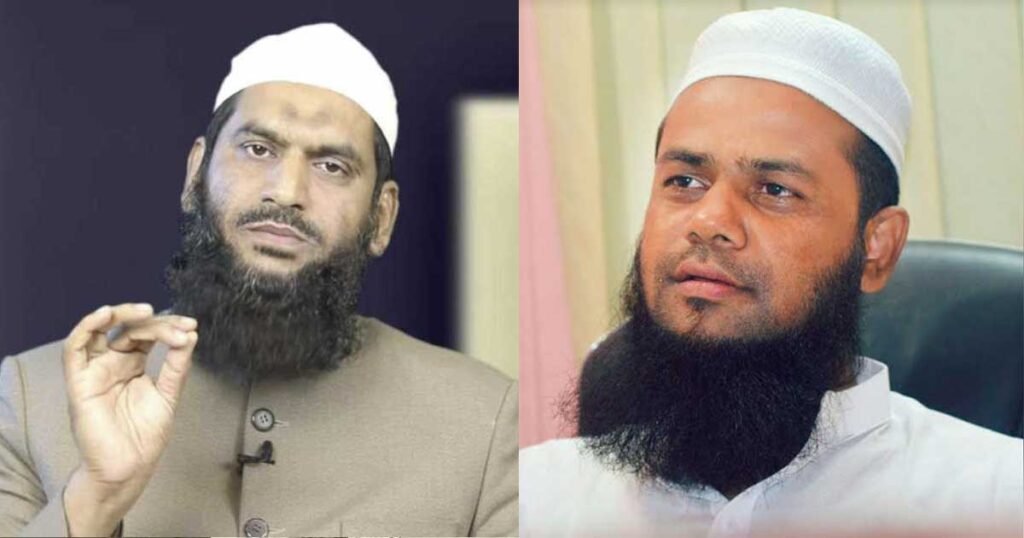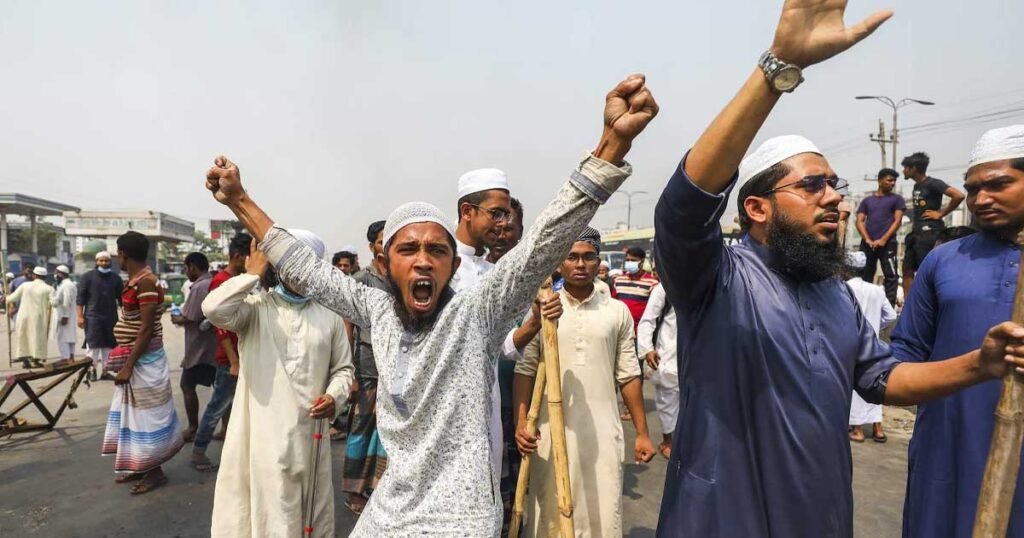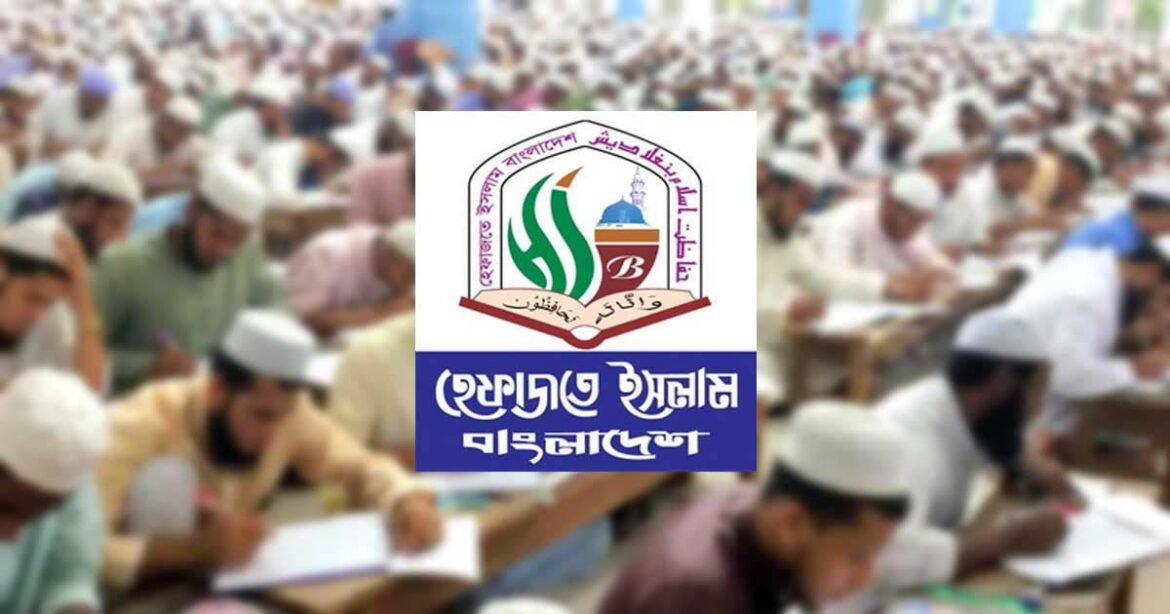Hefazat is seemingly striving to solidify its organizational strength and underscoring the intricate dynamics at play in Bangladesh’s political landscape
Turbulence is brewing within Hefazat Islam as the forthcoming national elections draw near. Notably, the upper echelons of Hefazat are showing reluctance to acknowledge this predicament. Despite this, Hefazat’s leaders and followers remain convinced that the return of the leaders from the disbanded committee will inject vigor into the demand recovery movement, bolstering its momentum and potency.
You can also read: UN Security Council report reveals AQIS plan to expand operation in Bangladesh, India, Myanmar
Hefazat Islam, the prominently discussed non-political organization anchored in the Qoumi Madrasas of the nation, appears to be regaining its strength. Significant developments are taking place within the organization’s central committee this month.
Leaders associated with the 151-member committee formed on November 15, 2020 are reportedly poised to rejoin the committee. This committee had been dissolved on the night of April 25, 2021, ostensibly due to unacknowledged pressures.
Hefazat Reinstates Leaders
On Saturday, Hefazat took the decision at an emergency meeting at a madrasa in Dhaka’s Khilgaon. Mamunul Haque and Azizul Haque Islamabadi are among those who have been restored to their previous positions.
Mamunul has been incarcerated since 2021 due to multiple legal cases against him. In the year prior, he had been appointed as the joint general secretary of the organization. On the other hand, Azizul, who was recently released from imprisonment, was designated as an organizing secretary during the same year.

Following the creation of the new committee in late 2020, subsequent to the passing of Hefazat ameer Ahmad Shafi, the organization gained significant media attention by vehemently opposing the placement of a sculpture depicting Bangabandhu Sheikh Mujibur Rahman in Dholaipar, Dhaka. Additionally, the organization released a series of anti-government statements during this period.
The organization once again garnered public attention when it expressed opposition to the visit of Indian Prime Minister Narendra Modi to Bangladesh on March 26, 2021.
Hefazat clashes
Following clashes between Hefazat and law enforcement personnel during that period until March 28, approximately 17 fatalities occurred across various regions of the nation.
Subsequently, around 154 legal cases were initiated against individuals associated with Hefazat in the ensuing days.
Meanwhile, based on data from the police headquarters, about 1,230 people, including more than 30 prominent Hefazat leaders such as Mamunul, were taken into custody.
A significant portion of these leaders have already been released from detention.
Under pressure from multiple sources, Hefazat was compelled to dissolve its existing committee and introduce a new one in June 2021. This restructuring saw the removal of several hardline leaders with strong anti-government stances.

Hefazat’s Profile
Hefazat first gained attention in 2009 for opposing a draft of the national women’s development policy that advocated for equal inheritance rights for women. A year later, in 2010, Hefazat-e-Islam was officially established as an organization headquartered in Chattogram, under the guidance of the late Shah Ahmad Shafi.
On February 24, 2010, the group aimed to organize a demonstration at Chattogram’s Laldighi Maidan. Their protest centered around opposing the government’s decision to prohibit religion-based political activities, revoke the Fifth Amendment to the Constitution, and introduce an educational policy that would have concluded madrasah teachings.
Despite their intention, law enforcement declined permission for the rally, resulting in injuries to 19 demonstrators. Several of these students from the madrasas were taken into custody by the police but were later released. In 2011, Hefajat-e-Islam voiced their disagreement with certain elements of the proposed Women Development Policy through protests.
13-Point Demands and Long March
Hefazat-e-Islam presented a 13-point agenda, including demands to uphold Islamic values and curb anti-Islamic activities. Notable among these was the restoration of faith-based aspects in the constitution, punitive measures against defaming Islam, and other concerns.
The organization organized a significant Long-March in April 2013, advocating for these demands, which led to clashes and societal tensions.
With upcoming elections on the horizon, Hefazat is seemingly striving to solidify its organizational strength and exert influence on the government, underscoring the intricate dynamics at play in Bangladesh’s political landscape.


